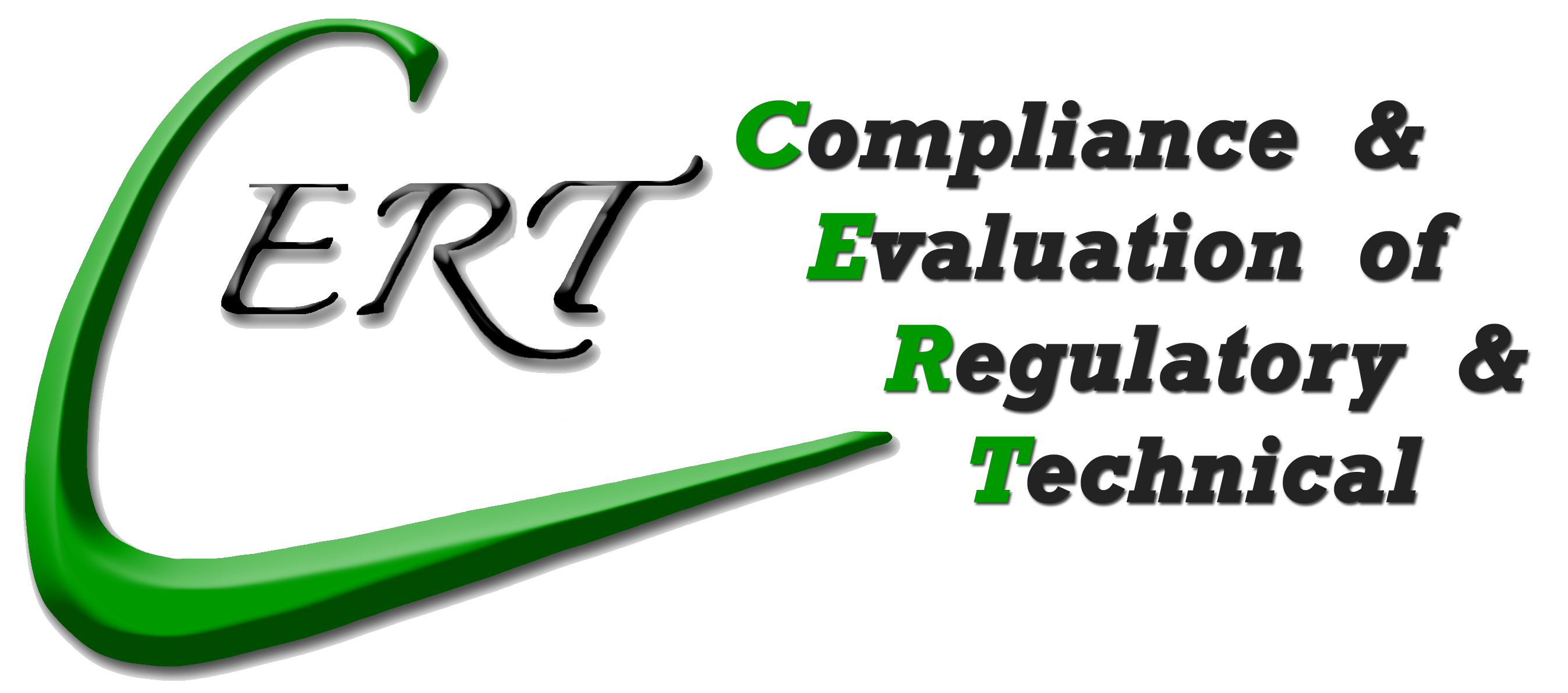1. Shipping and Distribution
Cultivating strong relationships with reliable shipping and distribution partners is crucial to ensuring a seamless export process. Shipping requirements vary depending on the agreed INCOTERMS — whether you need only basic transportation, storage, or additional distribution services. While a single logistics firm may cover all needs, in practice it’s common to work with several specialists to optimise delivery and market reach.
2. Importer of Record (IOR)
Where businesses lack local representation or wish to retain ownership of goods until they reach their destination, appointing an Importer of Record (IOR) is essential. The IOR ensures your goods are properly imported into the target country while maintaining compliance with local regulations. Many freight providers offer IOR services as an add-on, but there are also dedicated IOR specialists. For B2B exports, your client may be willing to act as your IOR if clearly agreed.
3. Technical and Legal Market Representation
Authorised Representation (AR) is vital when exporting to markets where your business lacks a legal presence. An Authorised Representative acts as a statutory liaison with regulatory authorities, ensuring your products are compliant and market-ready. Note that the EU and UK do not mutually recognise ARs, so representation must be secured for each market independently. The required designation — such as Food Business Operator (FBO), Responsible Person (RP, for cosmetics and pet food), or Medical Device Representative (REP) — depends on the sector and relevant legislation.
4. VAT / Sales Tax & IOSS
The Import One-Stop Shop (IOSS) scheme, operational since July 2021, streamlines cross-border sales by allowing sellers to report and pay EU VAT through a single registration. This applies to B2C shipments into the EU under €150. Sellers must register in one EU member state and display their IOSS number on all EU-bound packages. For UK imports, the agent or business importing goods is usually responsible for VAT; agents acting as principals can recover input VAT. Both the UK and EU offer deferred VAT and reduced rate options for eligible goods.
5. EORI Number
An Economic Operator Registration and Identification (EORI) number is mandatory for importing goods into either the EU or the UK. It is used when submitting customs declarations and simplifies intra-EU movement following initial entry. The EORI uniquely identifies businesses for customs purposes to enhance shipment traceability. In contrast, the IOSS number covers VAT reporting; both identifiers are critical to smooth international trade.
6. EPR (Extended Producer Responsibility) Requirements
EPR legislation shifts the responsibility for managing waste and recycling from authorities to businesses. All EU member states must operate EPR schemes for packaging, with further obligations based on product category (such as WEEE for electronics, or additional fees for certain chemicals). Registration must be completed in each market where products are placed, and requirements are frequently updated, so ongoing monitoring is necessary.
Let’s see how we can get your product up and running with the right service or specialist support. Please select ‘Would you like to discuss your project?‘ so we can connect you with the most suitable regulatory expert in our team and make the most of our first call.


